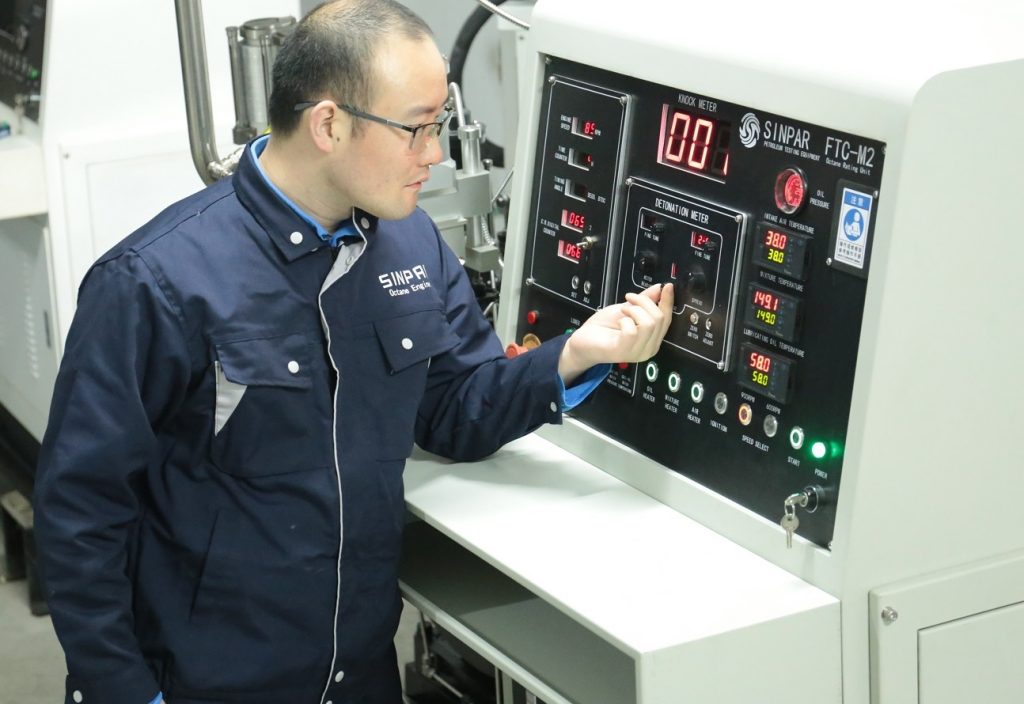Octane rating, also recognized as octane wide variety is a dimension of the pleasant or performance of gasoline. The greater the number, the higher the fuel burns within the engine of a vehicle. Higher overall performance automobiles require fuels with a greater octane rating.
The octane rating of a unique gasoline combination is primarily based off the ratios of two compounds in the gasoline-iso-octane. A compound with the identical chemical components as octane however with slightly one of a kind shape and properties, and regular heptane. These two compounds outline the two extremes of the scale, with pure iso-octane having an octane rating of 100 and n-heptane having a ranking of zero. Thus, a combination of 90% iso-octane and 10% n-heptane would have an octane rating of 90.
The greater the octane number, the extra compression from the piston the fuel can withstand before igniting in the engine. The capacity for gas to withstand being compressed is most vital for cars that run on traditional gasoline. In contrast, diesel engines do no longer compress gasoline but alternatively air and then inject fuel. These engines count on distinct ratings, known as cetane numbers.

The major difference between whether or now not one makes use of excessive or low octane fuel is decided with the aid of the level of “knocking” ones engine experiences. Inside the octane knock engine, an air-fuel combination is ignited by using the spark plug. While this is occurring, the piston is also transferring upwards, compressing the air-fuel mixture and concurrently growing its temperature. (since temperature will increase as strain increases). With decrease octane fuels, the air-fuel mixture can additionally ignite due to this compression.
When this flame the front collides with the flame the front ignited by the spark plug, an audible “knock” is heard. When the air-fuel mixture inside an octane knock engine ignites due to compression alternatively than from the spark plug it is acknowledged as “pre-ignition”. If the gasoline com-busts and burns before it is ignited by using the spark plug, it burns incompletely. The leftover gas from this incomplete ignition motives residue to stick to the interior of the gas chamber, eventually leading to the sounds from ones engine acknowledged as engine knock.